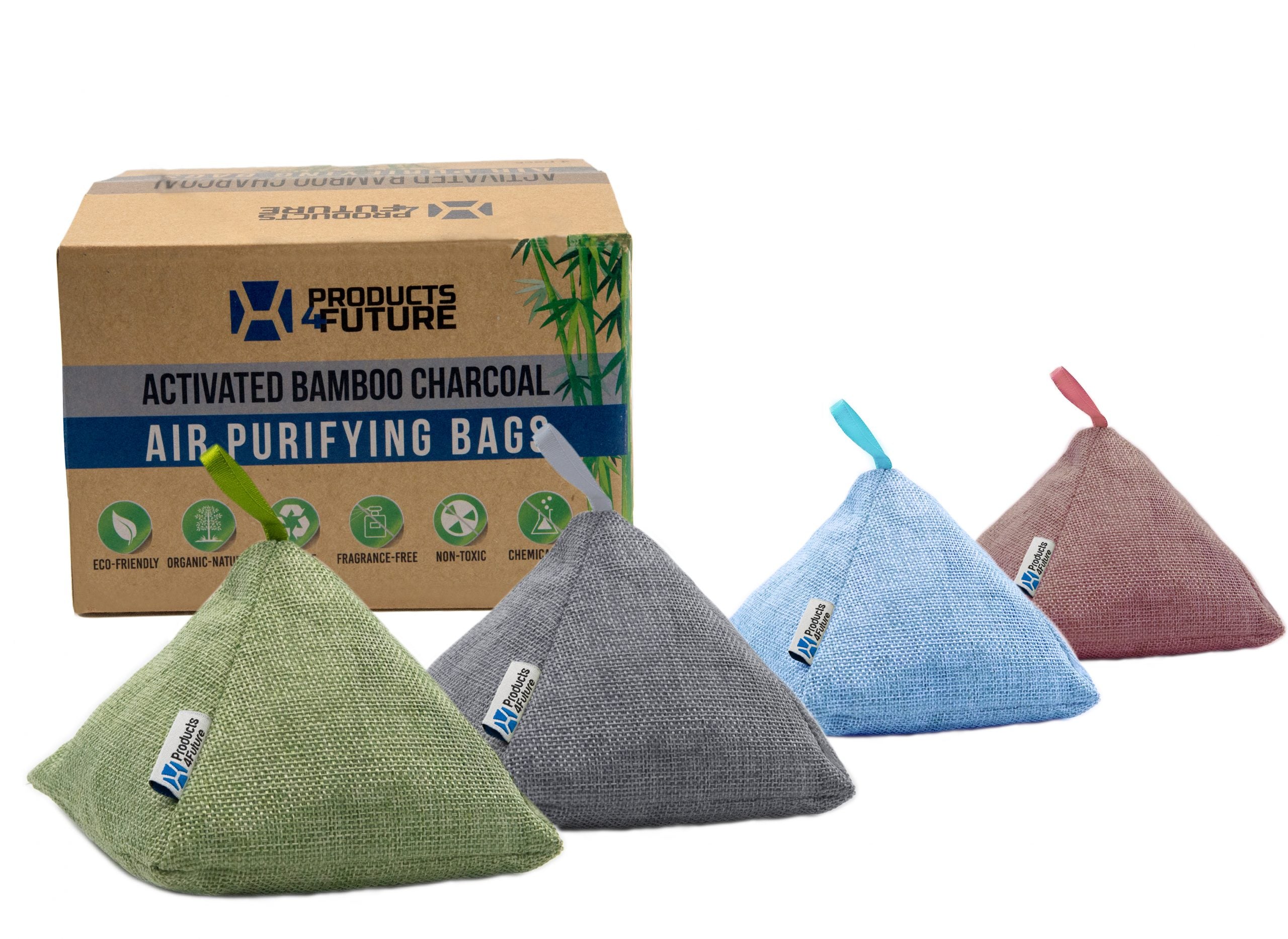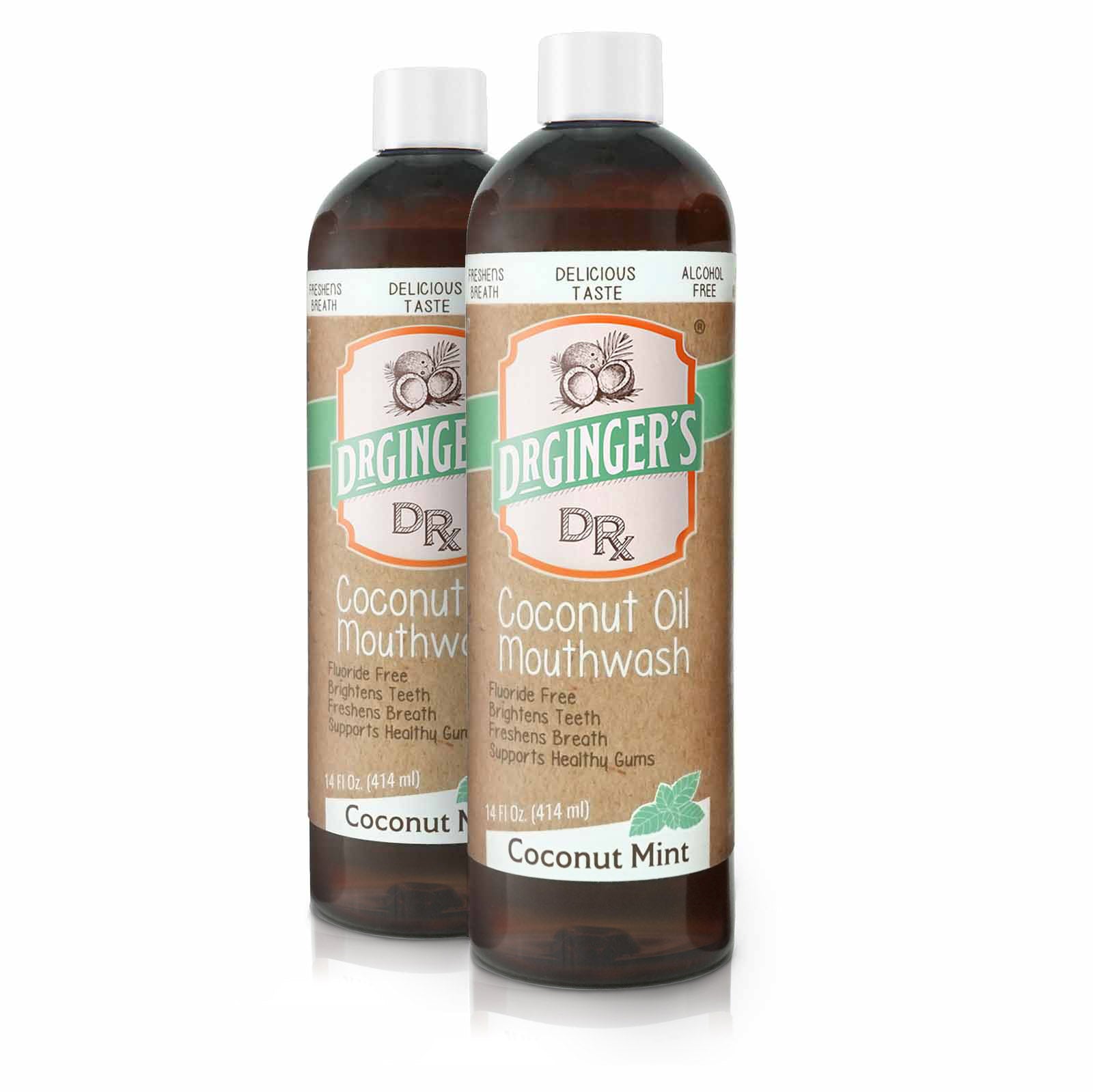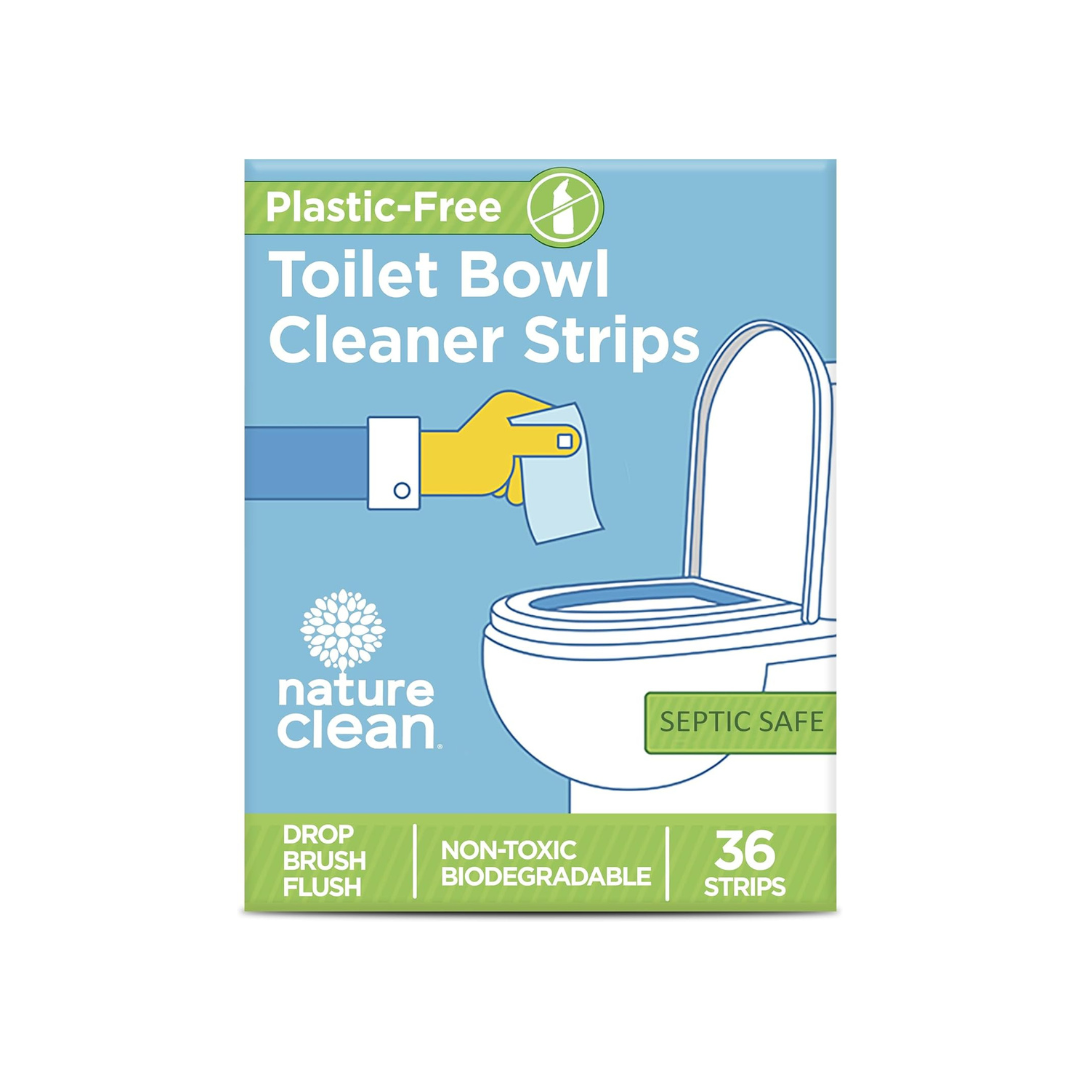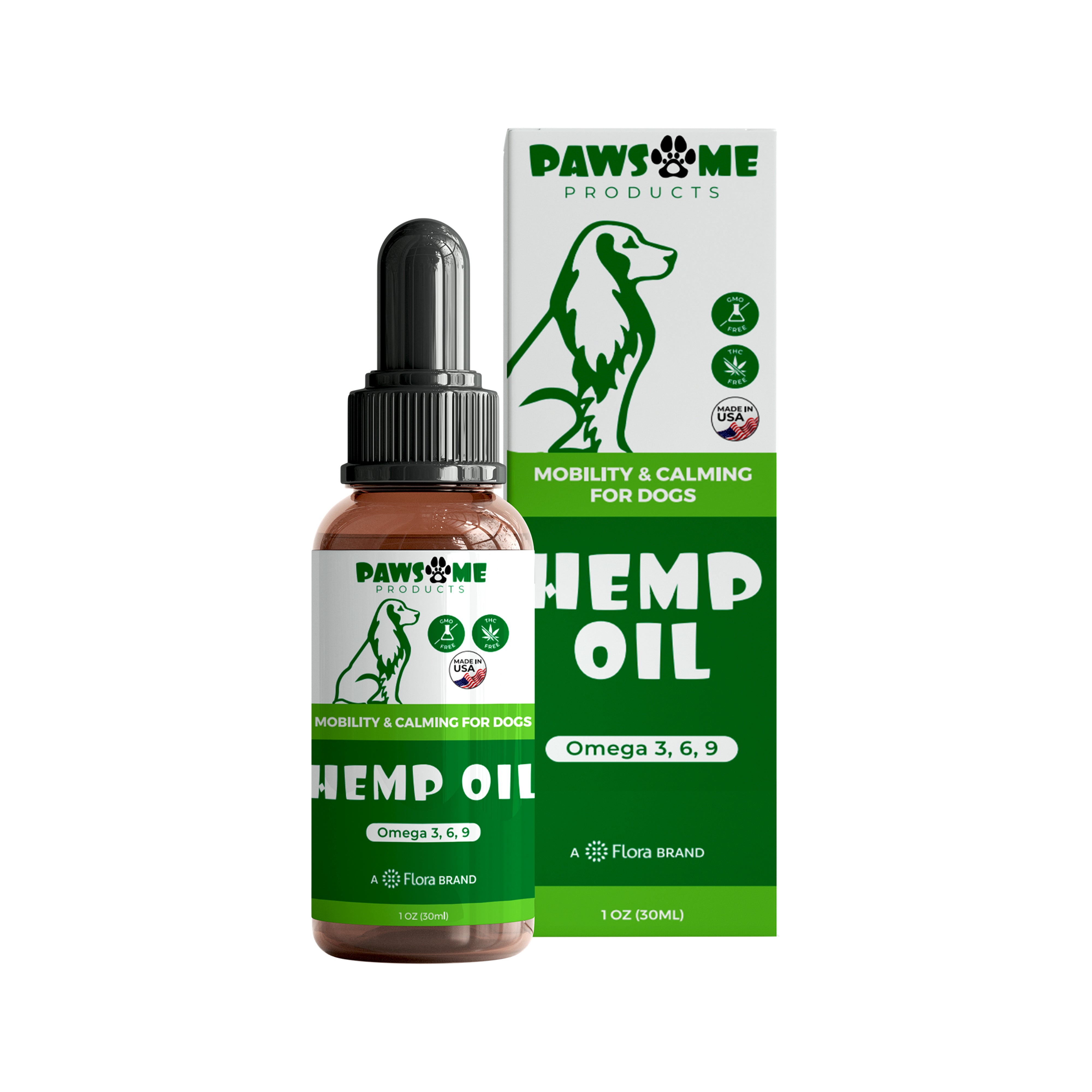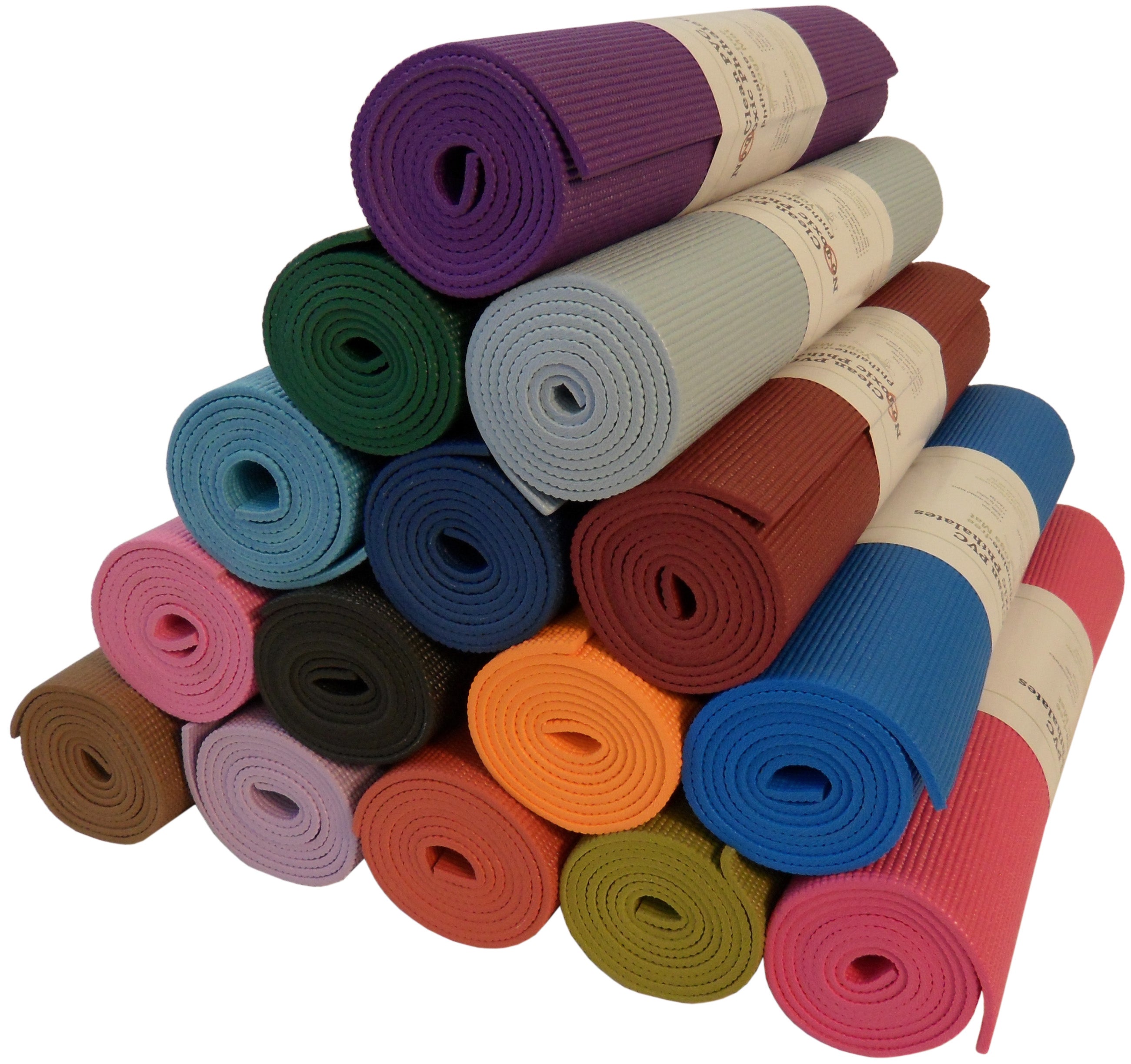In today's rapidly evolving marketplace, where the impact of consumer choices is more visible and discussed than ever, ethical consumerism has emerged as a beacon of hope and responsibility. Ethical consumerism is about making purchasing decisions that are not only good for you but also beneficial for the environment, society, and future generations.
Understanding Ethical Consumerism
Ethical consumerism is the practice of buying products and services that are made ethically and sustainably, considering both the environmental and social impacts of their production and distribution. This means prioritizing goods that are produced under fair labor conditions, have minimal environmental footprints, and involve humane treatment of animals, among other factors. It’s about being aware that every purchase decision is a vote for the kind of world you want to live in.
The concept extends beyond avoiding products known for being harmful to embracing those that contribute positively to the community and the planet. Ethical consumerism encourages us to think about the lifecycle of the products we buy, from the sourcing of raw materials to the production processes, and ultimately to the disposal or recycling of the products.
Why Ethical Consumerism Matters
The relevance of ethical consumerism has never been more critical than it is today. In an age where climate change, social inequality, and economic disparity pose significant threats, the choices consumers make can either contribute to these problems or help alleviate them. Here’s why ethical consumerism is essential:
Environmental Impact: The manufacturing, distribution, and disposal of products all have environmental costs, including pollution and depletion of natural resources. By choosing sustainable and responsibly made products, consumers can help reduce this impact.
Social Influence: Ethical consumerism promotes better labor conditions and fair trade practices. By supporting companies that adhere to ethical practices, consumers can influence other businesses to adopt similar standards, fostering a more equitable global marketplace.
Personal Wellbeing: Often, products made ethically are also better for personal health, being free from harmful chemicals and made with purer ingredients. This is particularly true for food, cosmetics, and cleaning products.
Economic Effects: Supporting local and ethical businesses contributes to the economy in a more balanced way, ensuring fair wages and reducing the wealth gap. It also helps in nurturing local communities and economies.
The role you play in shaping the market cannot be overstated. Your choices can teach and inspire the next generation about the importance of responsibility towards our planet and each other. Ethical consumerism isn't just a personal choice but a collective movement towards a sustainable future.
By embracing ethical consumerism, you contribute to a movement that values transparency, accountability, and respect for both people and the planet. In the following sections, we will explore how to effectively engage in ethical consumerism, understand the challenges, and utilize practical tips to make impactful choices.
Key Principles of Ethical Consumerism
Ethical consumerism is built on several foundational principles that guide conscientious consumers in making choices that align with their values. Understanding these principles can help you navigate the marketplace more effectively and make decisions that foster a better world.
Transparency
Transparency is crucial in ethical consumerism. It involves open communication by companies about where and how their products are made, the sourcing of their materials, and the labor conditions under which they were produced. Companies that prioritize transparency make it easier for consumers to understand the impact of their purchases and trust in the ethics of the products they choose.
Fair Trade
Fair trade is a system that aims to achieve greater equity in international trade. It contributes to sustainable development by offering better trading conditions to, and securing the rights of, marginalized producers and workers. When you choose products certified as fair trade, you are supporting a system that provides fair wages, safer working conditions, and an overall better standard of living for workers and their communities.
Sustainability
Sustainability involves making choices that do not deplete resources or cause environmental harm for future generations. This principle focuses on reducing environmental impact by using renewable resources, minimizing waste, and employing production methods that do not harm the environment. Products made with sustainability in mind help preserve the planet for future generations.
Animal Welfare
Animal welfare is a principle concerned with the humane treatment of animals. In ethical consumerism, it ensures that products are cruelty-free and that any animal products or by-products are sourced from facilities that maintain high standards of animal care. This principle extends to opposing animal testing and seeking alternatives that cause no animal suffering.
How to Identify Ethical Products
Making ethical choices requires knowing how to identify products that align with the principles of ethical consumerism. Here’s how you can discern these products:
Reading Labels and Certifications
Labels and certifications are often the easiest indicators of an ethical product. Look for labels such as:
Fair Trade Certified: Indicates that the product meets strict social, economic, and environmental standards.
Certified Organic: Ensures that products are grown or made without the use of synthetic chemicals or GMOs.
Cruelty-Free: Shows that the product and its ingredients were not tested on animals.
Energy Star: Signifies energy efficiency in electronics and appliances.
Understanding these labels and what they stand for can help you make informed decisions quickly while shopping.
Researching Brands and Their Practices
Before making a purchase, take the time to research the brands. Check their websites for information about their production practices, sustainability reports, and ethical commitments. Many ethical brands are transparent about their supply chain and labor practices. You can also look for reviews and articles that discuss the brand’s ethical standards, or check databases and apps dedicated to ethical shopping to find evaluations of the company’s practices.
Challenges of Ethical Consumerism
While the concept of ethical consumerism is appealing, it comes with its own set of challenges that can sometimes make it difficult for individuals, especially middle-aged mothers managing household needs and budgets, to consistently make ethical choices. Here’s a look at some of the key hurdles:
Availability and Accessibility
One of the primary challenges faced by ethical consumers is the availability and accessibility of ethically produced products. Depending on where you live, these products might not be readily available in local stores. This is especially true for smaller towns and rural areas, where options may be limited to what's available in nearby supermarkets or local markets. Even online, while more options are available, finding specific ethically sourced products can sometimes be difficult without extensive searching.
Cost Considerations
Ethical products often come with a higher price tag. This is due to several factors, including fair wages, higher-quality materials, sustainable production practices, and smaller scale production lines that cannot leverage economies of scale like larger corporations. For middle-aged mothers managing family budgets, these cost considerations can be a significant barrier to consistently choosing ethical products, especially when similar, less-expensive conventional alternatives are available.
Greenwashing
Greenwashing is another significant challenge within ethical consumerism. This occurs when companies market their products as “green,” “eco-friendly,” or “sustainable” without making meaningful environmental and ethical improvements in their production processes. It can be misleading for consumers who strive to make responsible choices but may not have the time or resources to research each claim thoroughly. Greenwashing not only misleads consumers but also dilutes the efforts of genuinely ethical companies, making it harder for consumers to trust claims they see on product labels.
Overcoming These Challenges
Despite these challenges, there are ways to practice ethical consumerism more effectively:
Educate Yourself and Others: Increasing your knowledge about ethical practices and sharing this information can make it easier to make informed choices. Education also increases demand for ethical products, which can lead to better availability and more competitive prices.
Plan Purchases: Consider planning your shopping to include ethical products within your budget. This might mean prioritizing certain items that are most important to you or finding a balance between ethical and non-ethical products based on what you can afford.
Support Policy Changes: Advocate for policies that support sustainable practices and fair trade. This could involve everything from supporting local initiatives to engaging in national movements that aim to make ethical products more accessible and affordable.
Use Technology: Leverage apps and websites that help filter out greenwashed products by providing transparent information about a company’s practices and the authenticity of their ethical claims.
Conclusion
Navigating the world of ethical consumerism may have its challenges, but the impact of making informed and conscious choices can significantly contribute to a more sustainable and equitable world. As we strive to adopt more responsible shopping habits, we can each play a part in shaping a better future for ourselves, our families, and the planet.
We encourage you to explore further and continue your journey towards ethical consumerism with us. Visit Flora for a wide range of eco-friendly products that align with your values. For more insights, tips, and updates on living sustainably, don’t forget to check out Flora Blog. Together, let's make each purchase matter and turn everyday choices into lasting impacts.




